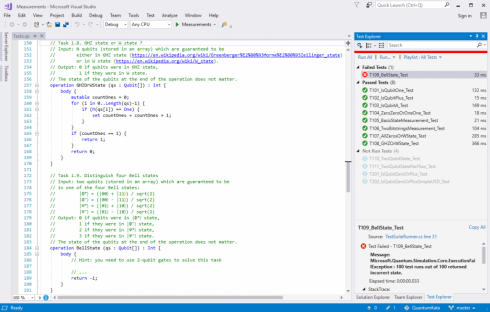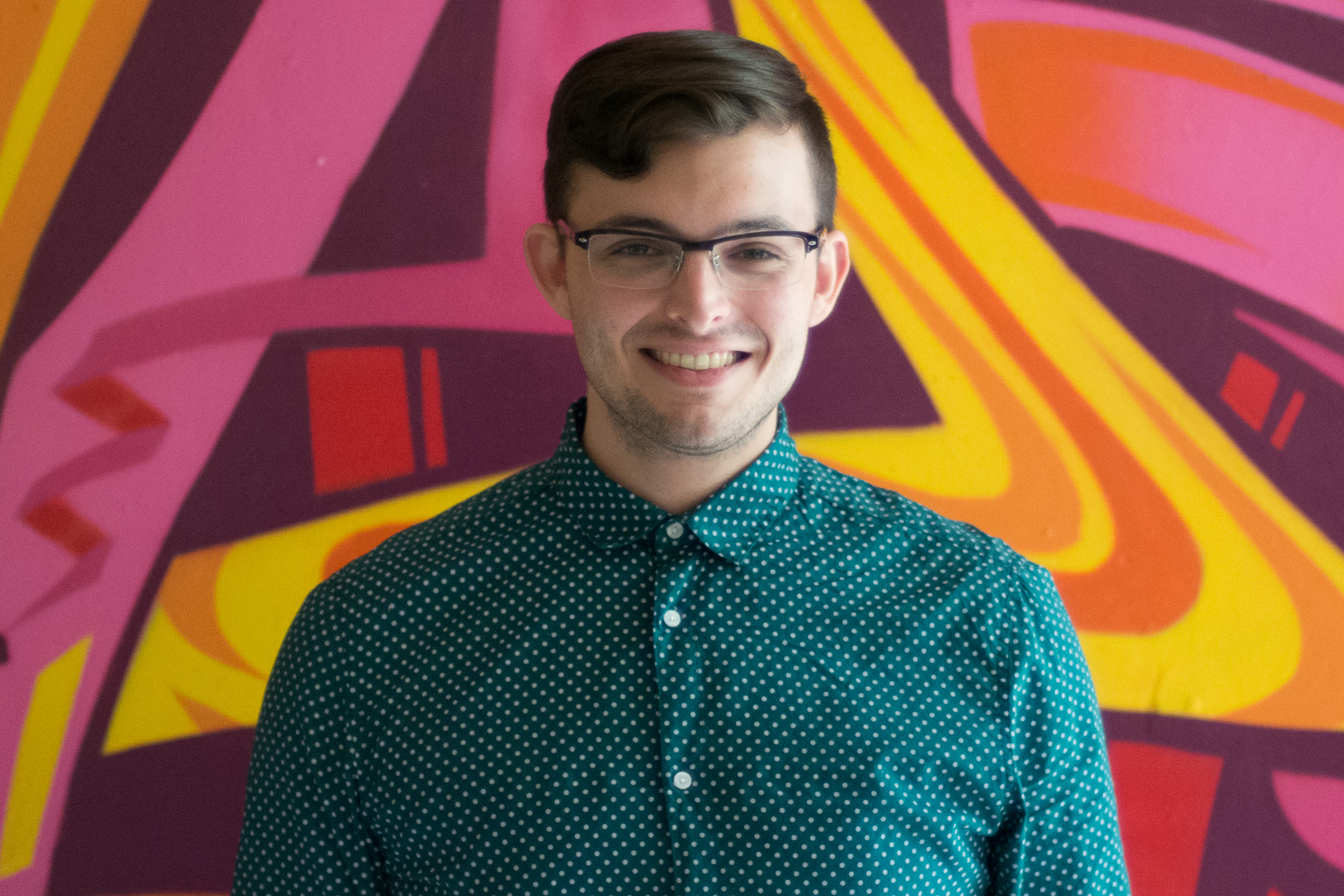
In order to give coders a head-start on quantum computing and learning its Q# programming language for quantum computing, Microsoft has launched the open-source Quantum Katas tutorial project.
“Coding katas are great tools for learning a programming language,” the Microsoft Quantum Team wrote in the announcement. “They rely on several simple learning principles: active learning, incremental complexity growth, and feedback.”
As of today, the program covers the following topics:
- Basic quantum computing gates. Tasks which focus on main single-qubit and multi-qubit gates used in quantum computing.
- Superposition. Tasks which focus on preparing a certain superposition state on one or multiple qubits.
- Measurements. Tasks which focus on distinguishing quantum states using measurements.
- Deutsch–Jozsa algorithm. Tasks which focus on writing quantum oracles which implement classical functions, and the Bernstein–Vazirani and Deutsch–Jozsa algorithms.
The tutorials are available on the project’s GitHub repository, and users will need to install Microsoft’s Quantum Development Kit to get started.
“We hope you find the Quantum Katas project useful in learning Q# and quantum computing,” the company wrote in the announcement. “As we work on expanding the set of topics covered in the katas, we look forward to your feedback and contributions!”
This follows Microsoft’s first Q# coding contest earlier this month, which saw over 650 participants worldwide attempt to solve 15 quantum computing problems. Along with the katas, Microsoft says that these competitions are another good way for coders to prepare themselves for quantum computing to come.






